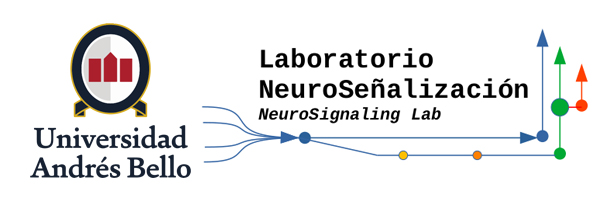|
| Newsletter 3 | Julio 2021 |
|
|
|
|
|
In this study, red seaweed (Gracilaria lemaneiformis) food waste with high carbohydrate content was valorized into levulinic acid (LA) and algae hydrochar through microwave-assisted low-temperature hydrothermal treatment in dilute acid solution.
|
|
|
| |
|
|
|
|
|
|
|
|
Diabetes mellitus is a complex and multifactorial disease with a global prevalence that exceeds 425 million people. Type 2 diabetes mellitus (T2DM) is characterized by a state of insulin resistance, which leads to metabolic alterations that aggravate the state of health of people. Vitamin D deficiency appears to play an important role in the triggering mechanisms of insulin resistance.
|
|
|
| |
|
|
|
|
| |
|
Andrographolide ameliorates neuroinflammation in APP/PS1 transgenic mice
|
|
|
Alzheimer's disease is a devastating neurodegenerative disorder, with no disease-modifying treatment available yet. There is increasing evidence that neuroinflammation plays a critical role in the pathogenesis of AD. Andrographolide (Andro), a labdane diterpene extracted from the herb Andrographis paniculata, has been reported to exhibit neuroprotective property in central nervous system diseases.
|
|
|
|
|
| |
|
|
|
|
|
|
|
BACKGROUND: Dysfunction of microglia has been increasingly recognized as a causative factor in Alzheimer's disease (AD); thus, developing medicines capable of restoring microglial functions is critically important and constitutes a promising therapeutic strategy. Honokiol is a natural neuroprotective compound extracted from Magnolia officinalis, which may play roles in AD therapy.
|
|
|
| |
|
|
|
|
| |
|
14,17,18-Trihydroxy-Eicosatetraenoic Acid: A Novel Pro-Resolving Lipid Mediator from Marine Microalgae
|
|
|
Specialized pro-resolving mediators (SPMs) are enzymatically oxygenated derivatives of polyunsaturated fatty acids that function as central immunoregulators in mammals. Among them are resolvins (Rvs) that stimulate the clearance of harmful stimuli and limit pro-inflammatory processes. Because of their beneficial features and their high potency, SPMs are promising molecules for anti-inflammatory therapy. Besides mammals, also marine algae form lipid mediators such as prostaglandins and leukotrienes.
|
|
|
|
|
| |
|
|
|
|
|
|
|
A method of preventing or treating type 2 diabetes comprising administering a therapeutically effective amount of 64Zn-enriched zinc.
|
|
|
| |
|
|
|
|
|
|
|
|
| |
 
Dirección de Innovación y Transferencia Tecnológica
Vicerrectoría de Investigación y Doctorado - Universidad Andrés Bello ®
|
|
|
| |
|
|
|
|
